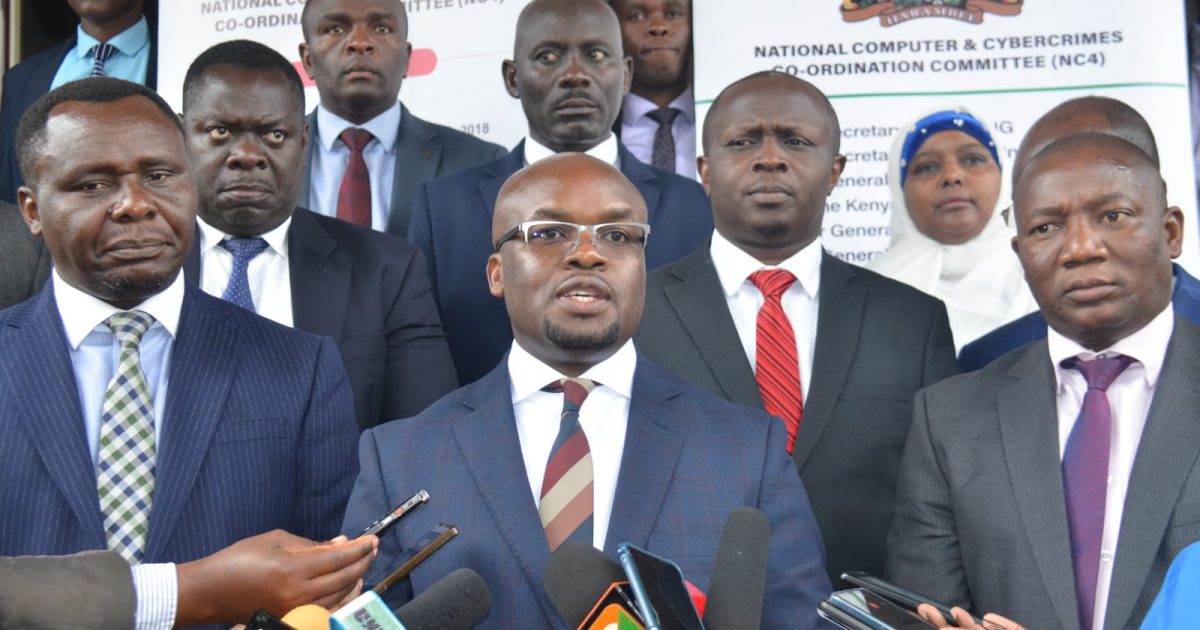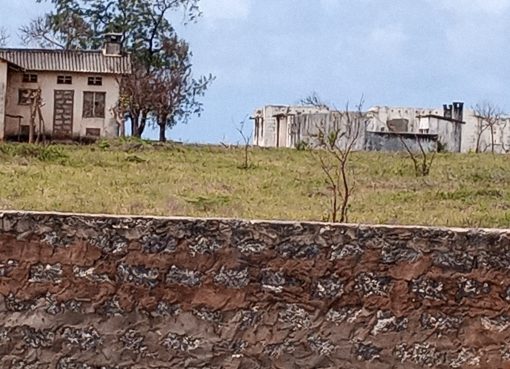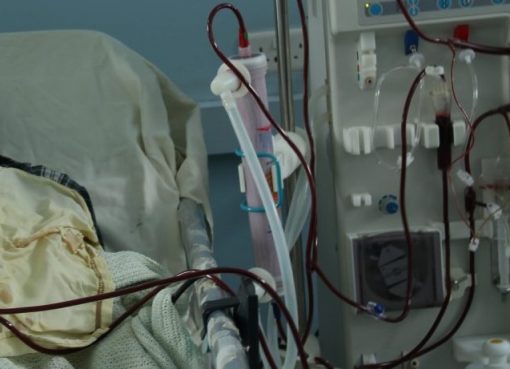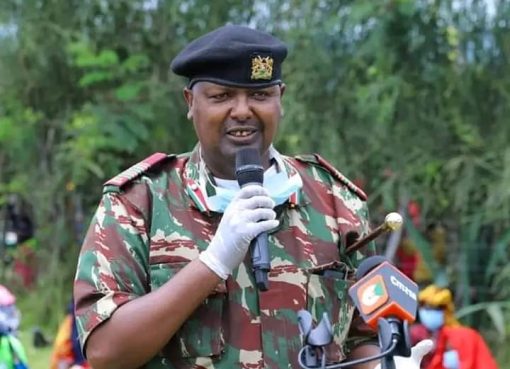Formulation of the draft regulations on cybercrime and misuse of technology by the National Computer and Cyber Crime Coordination Committee is in the final stages, Principal Secretary for Internal Security Raymond Omollo has said.
PS Omollo said the taskforce that was formed six months ago to come up with regulations to combat cybercrime and create a safe cyber space has few weeks left to finalise the draft.
“The taskforce has a few weeks to one month to conclude the process of drafting the regulations which will operationalise the Computer Misuse and Cybercrimes Act 2018,” he said.
The PS further disclosed that after the conclusion of the drafting process, the regulations will be subjected to public participation before they are presented to Parliament for approval.
“Public participation will take a month and it will give members of the public a chance to have a personalised interaction with the regulations. We want to hear what the public thinks should be adopted and what needs to be changed,” said Omollo.
Addressing the press at Machakos after meeting the taskforce, the PS said some of the key aspects that the regulations would address include protection measures for critical information and public infrastructure including telecommunications, banking, transport and energy.
He said others include cybercrimes management that would deal with issues of scams, identity theft, hacking and internet fraud.
“The regulations will also address the cybercrime capacity and capability building for public, businesses, government institutions, and private entities to enhance their cybersecurity preparedness and prioritize cybersecurity,” said Omollo.
He noted that cybersecurity is a collective responsibility and reiterated government’s commitment in ensuring a safe cyber environment in the country.
This undertaking comes hot on the hills of a cyber threat that hit the country one week ago rendering several essential services unavailable among them those on the e-citizen platform, M-pesa and online banking services and purchase of electricity tokens.
By Roselyne Kavoo





